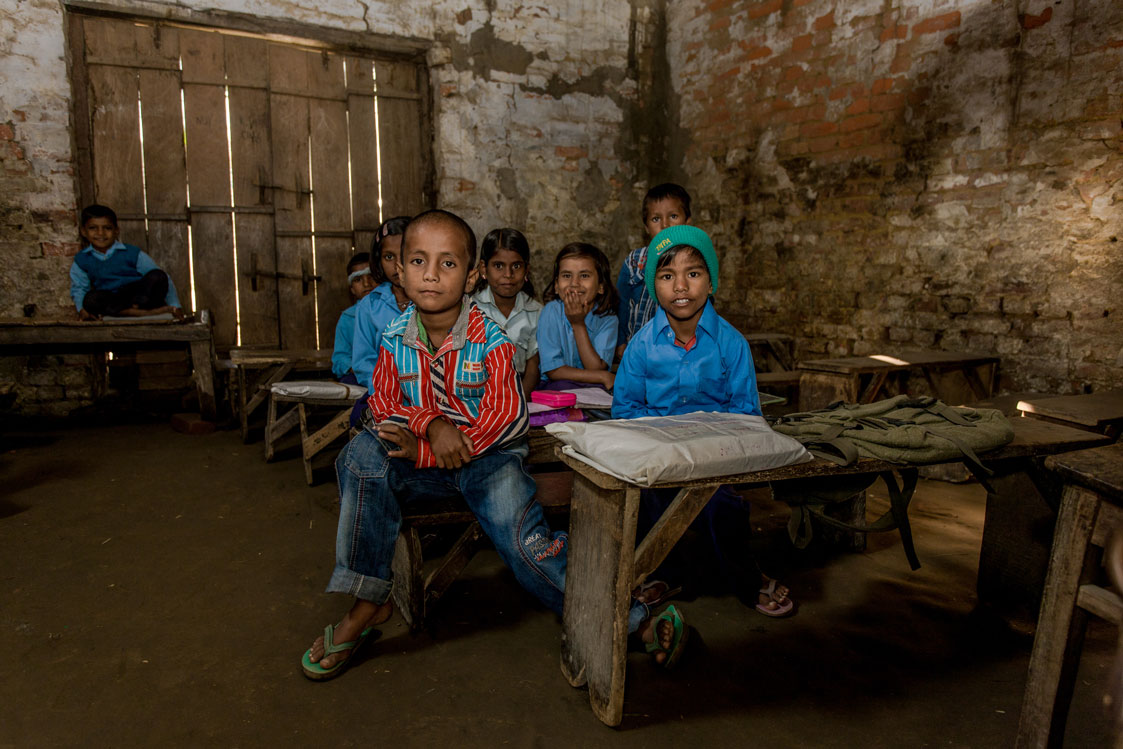1.5 billion children around globe affected by school closure

There are now nearly 1.5 billion children around the globe — or 87 percent of Earth’s student population — whose schools have closed because of the novel coronavirus pandemic, and more than 60 million teachers are home as well, according to a United Nations agency.
Schools in nearly 165 countries have shuttered, the Paris-based U.N. Educational, Scientific and Cultural Organization (UNESCO) says, while education officials seek to scale up measures to help children and parents cope with the hasty shift to learning from home. One agency official said that students need not only academic support but also emotional support.
At a virtual UNESCO meeting this week, an ad hoc group of education ministers from 11 countries — Costa Rica, Croatia, Egypt, France, Iran, Italy, Japan, Mexico, Nigeria, Peru and Senegal — discussed efforts to keep education continuing with schools shut, and the challenges ahead.
“We cannot replace the presence of teachers and pedagogical relationships, but we have no choice and must do our best to support principals, teachers, parents and learners while ensuring their safety,” Italian Education Minister Lucia Azzolina said, according to UNESCO. “We are using social media tools to keep alive the relationship between teachers and students, and keep up their motivation.”
UNESCO Director-General Audrey Azoulay said “the responsibility to act is a collective one” and announced the creation of a Global Covid-19 Education Coalition to bring together expertise from around the world to boost efforts in various countries to keep kids learning. One key focus should be on emotional skills, according to Stefania Giannini, UNESCO’s assistant director-general for education.
“More than ever, learners need to be accompanied as much academically as emotionally,” she said. “This is a wake-up call for education systems to place dedicated efforts on socio-emotional skills — empathy and solidarity.”
In most places, teaching and learning are shifting from the classroom to online, with countries also using public television to offer lessons to students and training to teachers. In Mexico, for example, where only 60 percent of the students have access to the Internet, officials say they have offered a mix of distance education options, with open television for everyone, said Esteban Moctezuma Barragán, Mexico’s UNESCO minister.
A number of other countries have had an easier time reverting to home-based education than the United States because they have centralized government-run media, which can broadcast the same content to the entire country. K-12 students in some countries, such as South Korea, learn from a national curriculum. In the United States, there are thousands of school districts that have different curriculums.
Some governments are also trying to address the emotional needs of students, along with academic ones. For example, Peru developed socio-emotional material to help students handle the isolation of being out of school and learning at home. Italy, which now has the world’s highest death toll from the coronavirus, is spending millions of dollars to improve Internet access in remote areas and support online learning for 8.5 million students, its minister said.
One challenge to quickly expanding online learning was raised at the meeting by Egypt’s minister, Tarek Shawki, who noted that there is suddenly a “digital ocean of materials that are not accredited by the ministry [of education] or any credible institutions.”
Another challenge is ensuring the security of students’ personal data, a great deal of which is collected online.
Tags
Related Posts
Girls facing higher risk of ‘summer’ marriages in Middle East and North Africa
Girls in the Middle East and North Africa are in greater danger of being forced or sold into ‘tourist’ or ‘pleasure’ marriages due to the surge in poverty, displacement, and the COVID-19 pandemic, Save the Children warned ahead of a global meeting next week on gender equality….
June 27, 2021Traffickers found targeting more children as COVID-19 school closures fuel danger
Human traffickers worldwide are increasingly targeting children and will likely exploit school closures during the coronavirus pandemic to abuse the young, the United Nations said on Tuesday….
February 3, 2021


